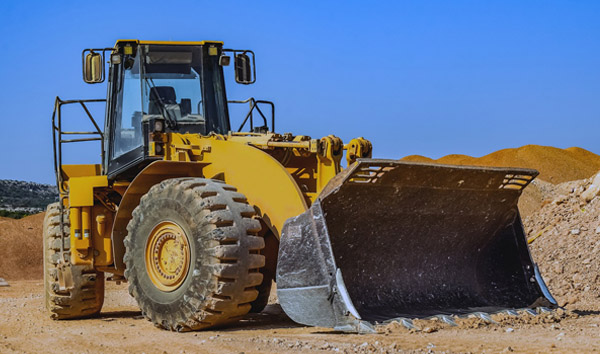Revolutionizing Construction: The Rise of Fuel-Efficient Wheel Loaders
2025-07-24 04:50:31
The demand for fuel-efficient wheel loader models has surged in recent years, driven by stricter emissions regulations and rising fuel costs. Manufacturers have responded with innovative designs that optimize engine performance, reduce idle time, and incorporate hybrid or electric powertrains. According to industry reports, modern fuel-efficient wheel loader models can reduce fuel consumption by up to 20% compared to traditional counterparts, translating to significant cost savings over the machine's lifespan.
One of the key advancements in fuel-efficient wheel loader models is the integration of advanced telematics systems. These systems monitor fuel usage in real-time, allowing operators to adjust load cycles and minimize unnecessary engine strain. For example, Caterpillar’s 988K XE wheel loader utilizes a torque converter lockup clutch, which improves fuel efficiency by up to 15% while maintaining the same power output. Similarly, Komatsu’s WA475-10 model features an eco-mode setting that automatically adjusts engine RPM based on workload, further enhancing fuel savings.
Another critical factor in the development of fuel-efficient wheel loader models is the adoption of lightweight yet durable materials. High-strength steel alloys and composite materials reduce the overall weight of the machine without compromising structural integrity. This weight reduction directly contributes to lower fuel consumption, as the engine requires less energy to move the loader. Case studies from mining and quarrying operations show that fuel-efficient wheel loader models equipped with these materials can achieve up to 12% better fuel economy in heavy-duty applications.
Looking ahead, the industry is exploring alternative power sources for fuel-efficient wheel loader models, including hydrogen combustion engines and fully electric variants. Volvo Construction Equipment has already introduced the L120 Electric wheel loader, which produces zero emissions and operates at a fraction of the energy cost of diesel models. As battery technology continues to improve, the adoption of electric fuel-efficient wheel loader models is expected to accelerate, particularly in urban construction projects where noise and emissions are major concerns.
In conclusion, fuel-efficient wheel loader models represent a significant leap forward in construction equipment technology. By combining intelligent engineering, advanced materials, and alternative power solutions, manufacturers are setting new standards for sustainability and cost-efficiency in the industry. As these innovations become more widespread, businesses can expect not only reduced fuel expenses but also a smaller carbon footprint, aligning with global environmental goals.














